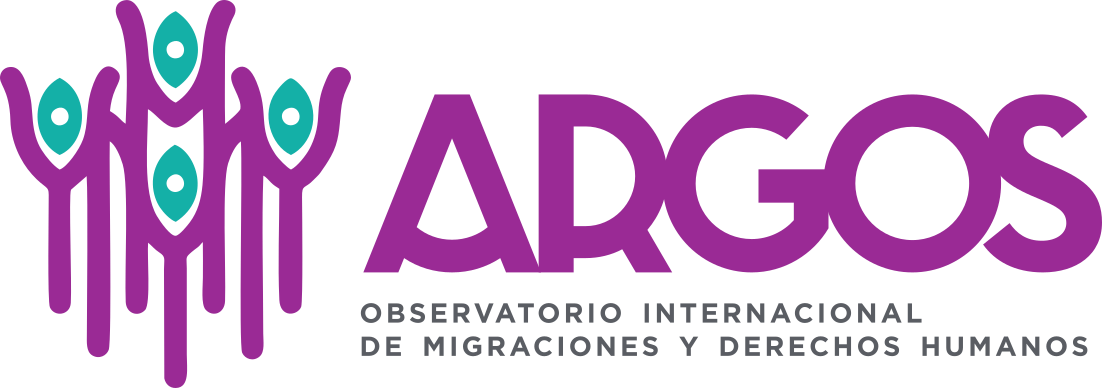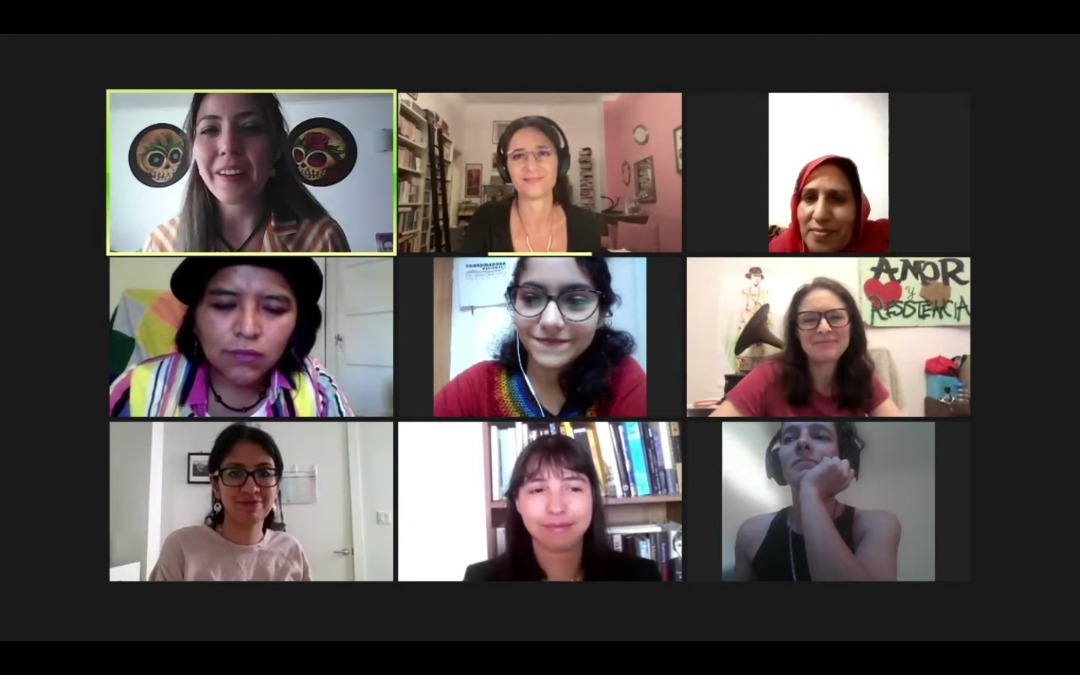The International Observatory on Migration and Human Rights ARGOS, a Non-Governmental Organization (NGO) that aims to investigate, with plurality of perspectives, the phenomena that motivates human migration on the world, in order to defend and promote the universality of human rights, was officially inaugurated this Friday with a discussion and poetry recital “Human Mobility: Voices, Views and Actions”.
The discussion was moderated by Taroa Zúñiga Silva, a Venezuelan-Chilean member of the Mecha Cooperative and the Secretariat of Immigrant Women in Chile, with the spokesperson, on behalf of ARGOS, of the researcher Micòl Savia, Italian lawyer, secretary of the International Association of Democratic Lawyers.
The ARGOS launch honored women as the most vulnerable gender during the phenomena of human mobility and their contribution to culture, with a recital by a group of migrant poets of different nationalities: Violeta Orozco, Mexican translator and researcher living in the United States; Chana Mamani, teacher and cultural activist of Aymara origin who migrated to Argentina as a child; Fatma Galia, journalist, poet and activist for the human rights of the Saharawi people; Vanessa González Peña, Venezuelan immigrant in Chile, feminist activist and president of the National Coordinator of Immigrants of Chile, and Carolina Dávila, writer and feminist lawyer of Colombian nationality living in the United States.
In addition to reciting their poems, the writers shared, in interaction with moderator Zúñiga, their experience as migrants and how starting a new life far from their homeland has influenced their poetry.
The jurist Micòl Savia indicated that part of the work carried out by the Observatory’s research team is available at www.argosob.org, where articles and reports on human mobility processes in South America, Central America and Europe, as well as general data on global migration, can be found.
He announced that they are preparing reports on the impact of COVID-19, the fundamental rights of people in mobility, Venezuelan migration and hot returns, which will be the central theme of the next report of the UN Special Rapporteur on the rights of migrants.
The International Observatory on Migration and Human Rights uses the methodology of action-research with the objective of accompanying and defending migrant populations whose human rights may be being violated, by generating inputs for concrete advocacy actions, as well as tools that can be useful to social, academic, civil and multilateral organizations.
The name of the NGO alludes to the Greek myth Argos Panoptes, a giant with 100 eyes that had extraordinary capacities as a guardian on Olympus, which inspires the institution to observe, with a plurality of perspectives, the migratory processes, addressing their structural causes, the vulnerable populations, the actors involved and the possible strategies of alarm, denunciation, monitoring and resolution of cases.

